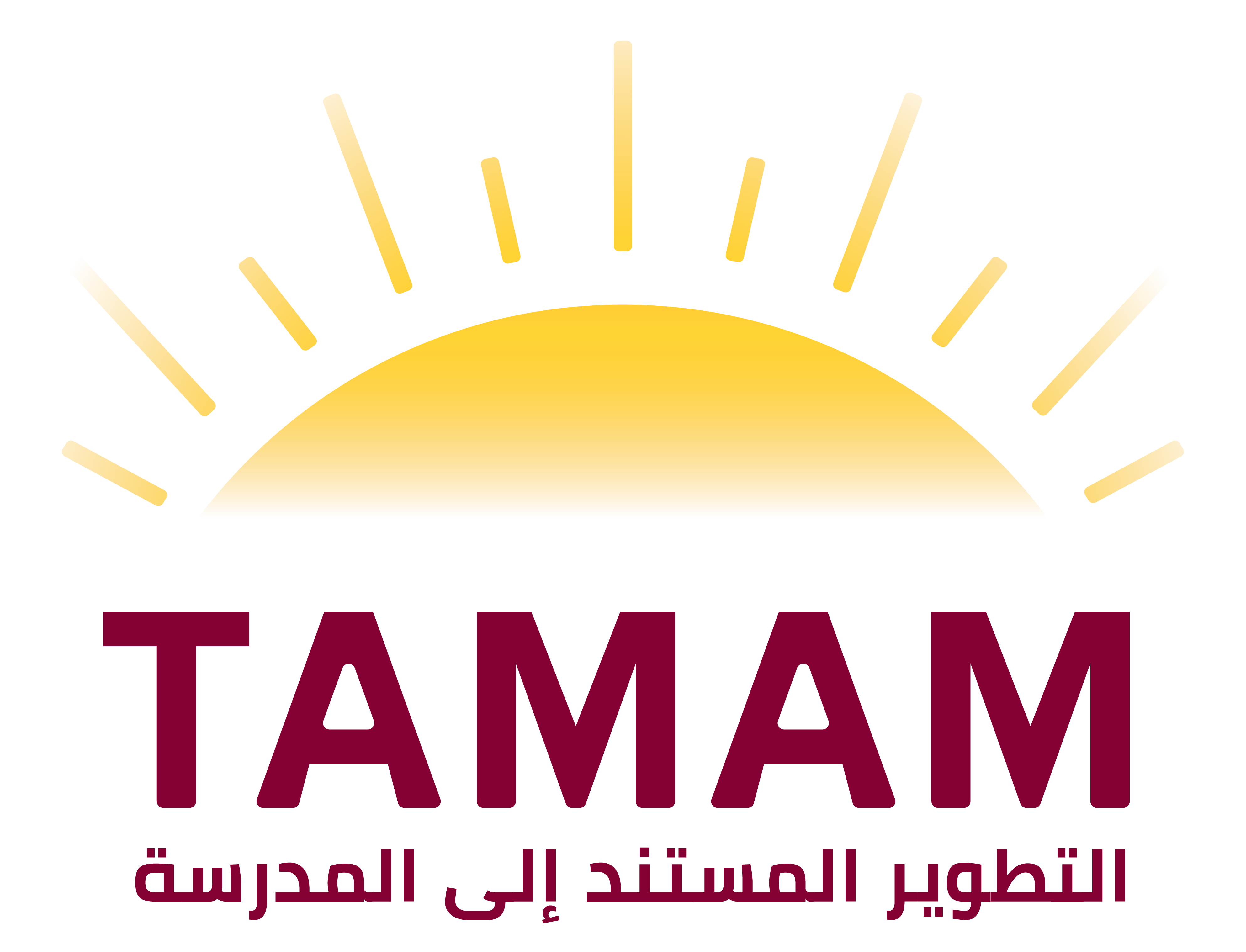*This improvement initiative was under the supervision of peer coaches.
The ethical educational program “Fastaqim” at the Lebanese International School is a value-based moral program that is designed to work on the character building of the learners in the school and nurturing their personalities to become active and balanced individuals serving both the school and the outside community. This program consists of six values, namely respect, open-mindedness, responsibility, belongingness, love, and integrity. The team featured many questions related to “Fastaqim” program. What needs does this program meet? How can it be implemented and how to measure its impact? Who is concerned with the trainings related to it? What are the worrying aspects of students’ behavior in the school and what are their causes? To answer these questions, the team collected data through questionnaires addressed to teachers, in addition to two focus groups: one held with the student council members and another with teachers of all cycles. The team then analyzed the data and identified the improvement need in the Lebanese International School, which is “Empowering students with the school’s moral values reflected in the “Fastaqim” program, especially the values of responsibility, respect and open-mindedness”. Later, the team developed the ideal scenario of the values with their characteristics of the student the school looks forward to. This scenario was formed using all the collected data from the focus groups, “Fastaqim” guide in the school, “TAMAM Student Profile”, and the twenty-first century learning skills. This contributed in shaping The Lebanese International School Student Profile especially its moral and values dimension. . Then the team undertook a pioneer initiative that does not exist in many schools, and added to the student’s profile a learner’s profile rubric, which combines both the behavioral and academic traits thus emphasizing the school’s philosophy in the holistic view of the learner. This rubric was prepared after collecting and researching many scientific references, existing models, and after attending workshops done by the PST and the continuous feedback from them.
